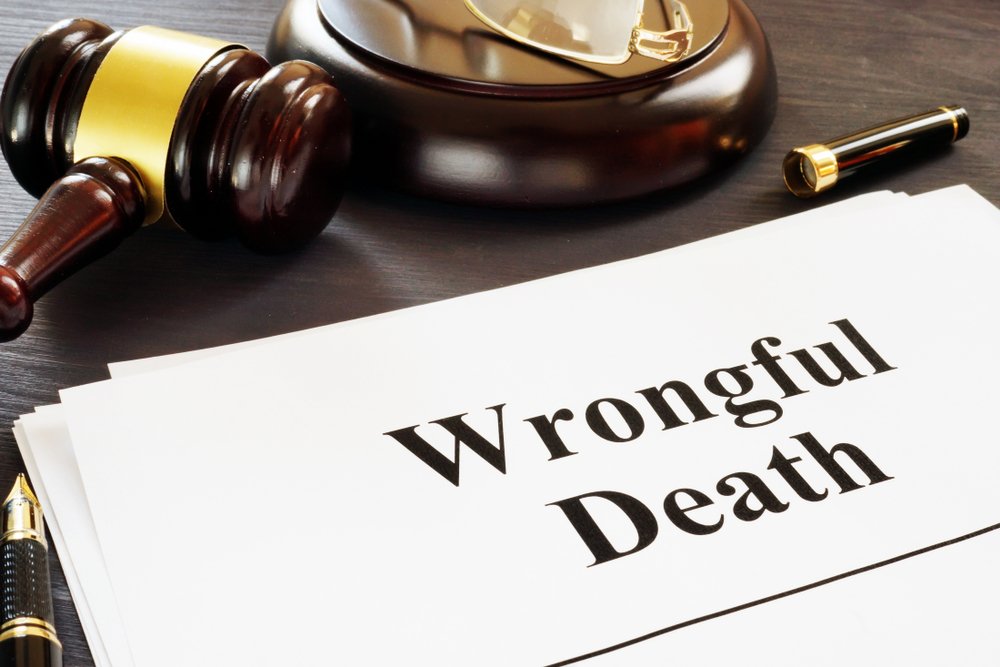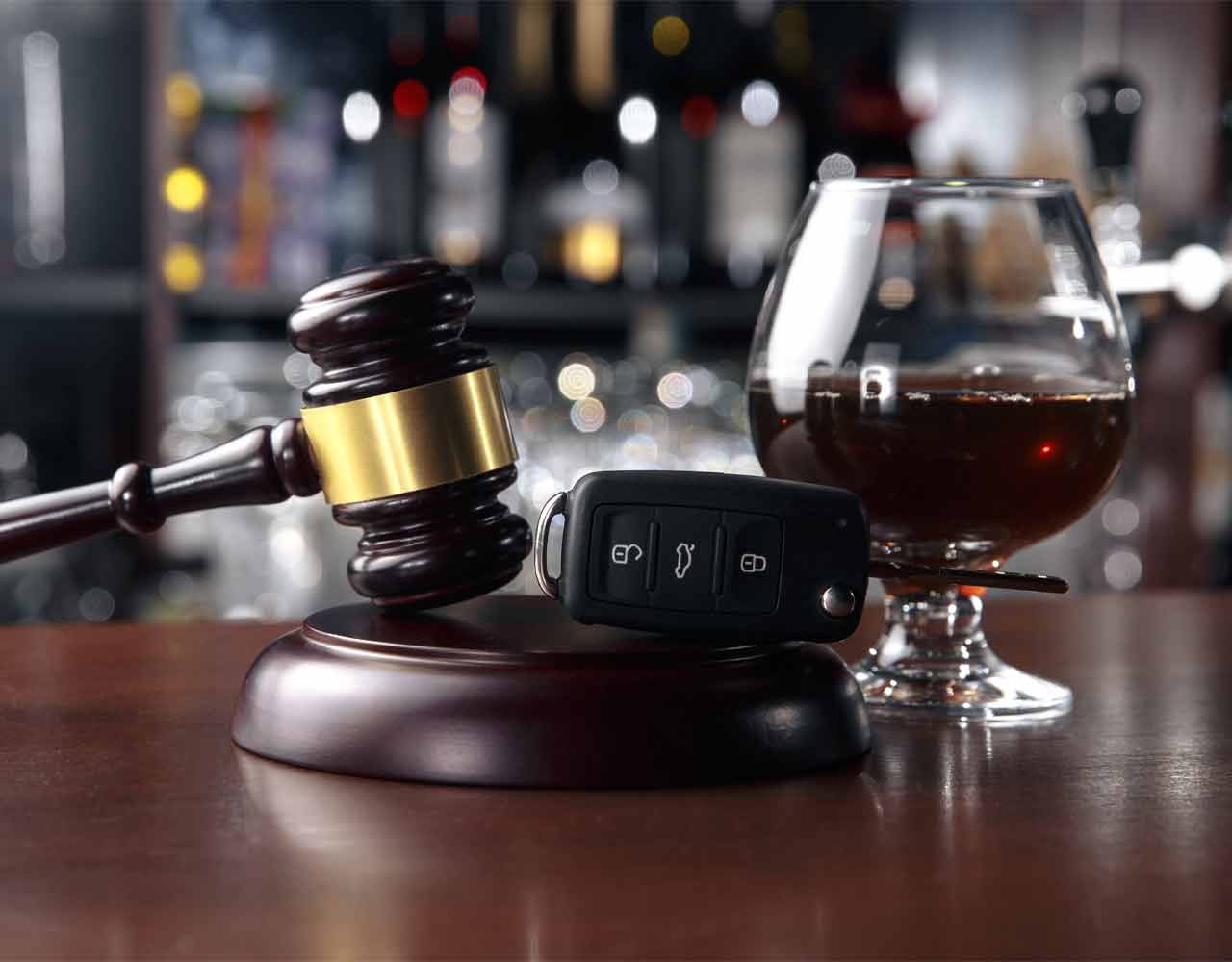How Can You Investigate Criminal Records For A Background Check?
February 27, 2020Whether you are dating online, about to rent your apartment, or looking to hire a new employee, you likely want to avoid criminals. Conducting a background check is one of the best ways to ensure that the person you’re bringing into your life or business doesn’t possess a criminal record. But, how can you find these criminal records, and what exactly are they?
What Is A Criminal Record And What Does It Entail?
A criminal record contains information related to offenses that someone has committed, and that a court has ruled them guilty of. If you haven’t been found guilty of an offense, then it has no place on your record.
If you’ve been taken to court, or arrested, it might be wise to check and see if you have a criminal record.
How Can I Find These Criminal Records?
Online Public Records Search
A simple and convenient way to find criminal records is by conducting an online search on a public records database. Criminal records are legally a public record, and can be found on online records databases. All you need to do is enter identification information onto an online public records database, and results should start filtering in within seconds.
Visit The Sheriff’s Office / Law Enforcement Agency
Police departments keep official arrest and criminal records. If you write an application to a relevant police department, you can begin searching for the records you’re looking for. “Relevant” is the key word there. Many police departments are not interlinked, and you’ll likely be required to contact the department that performed the arrest. You’ll also need to justify your query, as most departments reserve the right to deny your request. You may also be required to pay a service fee if you’re assisted by an officer on duty. That may seem superlative, but many departments aren’t digitized, and their records will be stored in cabinets. If the criminal record you’re looking for is not found at that local police station, you may have to visit other police departments to make sure.
Request A Lawyer To Help Search Criminal Records
An attorney can also assist you in your search. Many law offices have access to private networks containing information related to arrests and criminal convictions. However, law offices are likely to charge a steep service fee, and will be looking primarily for ways to make money off of you, rather than assisting you in your search.
Criminal Records Search At The Courthouse
If you know the court where the person of interest is facing trial, or faced a trial, then you can make a visit to the courthouse for a search. The county clerk can assist in your search, but be warned; they reserve the right to deny your petition as well. You must justify your query, but even if you have a good reason, they can still deny you if the case is ongoing. Even so, it will be several days at a minimum to receive your answers.
It should be obvious that the most convenient and quickest method is an online public records search. It can be done from the comfort of your own home, and finished in minutes, rather than hours or days. Plus, the results are just as accurate, as the online records database transcribes the information from the police and court reports.
How Long Do Criminal Records Last?
If you have been convicted of an offense in the past, you may want to know how long it will show up on your record.

Criminal records do not necessarily last forever. Ideally, the offense or the criminal record is filtered from the records if:
- More than 11 years have passed since the conviction
- The person was not taken to court
- Applicant hasn’t committed a crime since
- The crime committed does not appear on the list relevant to safeguarding
What Is In A Criminal Record?
A criminal record includes the following details:
- Details of what the offense is
- The court where the ruling is made
- Date of court ruling
- That the person was found guilty of the offense
- The conviction details
- Sentence and the penalties
SpyFly provides consumers affordable, immediate access to public record information. Federal laws prohibit businesses from using SpyFly’s service to make decisions about employment, insurance, consumer credit, tenant screening, or for any other purpose subject to the Fair Credit Reporting Act, 15 USC 1681 et seq.















